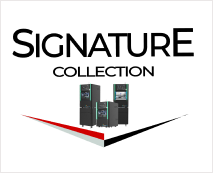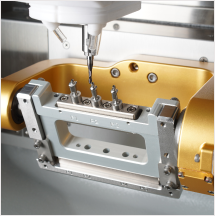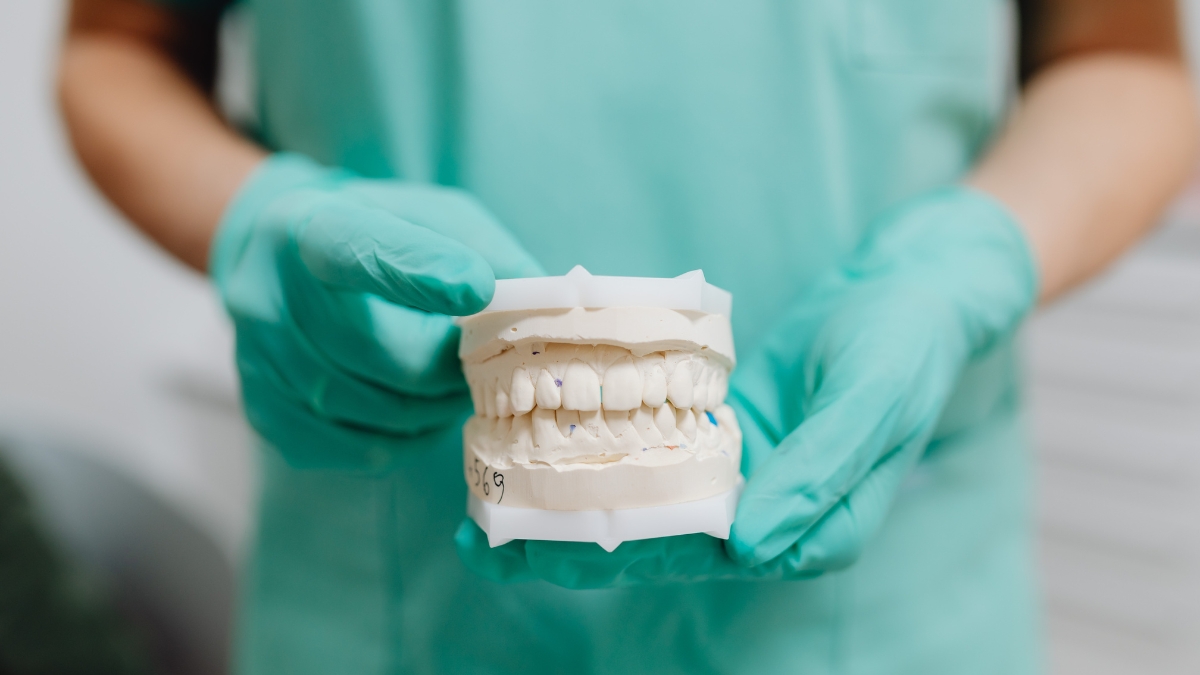The field of dentistry is constantly evolving, with technological advancements transforming how dental professionals diagnose, treat, and restore patients’ smiles. One such innovation that has revolutionized prosthetic manufacturing is 3D printing. This additive manufacturing process, also known as rapid prototyping, has brought about significant improvements in the creation of dental prosthetics, offering enhanced precision, faster turnaround times, and personalized solutions.
Traditional vs. 3D Dental Printing for Prosthetics
Traditionally, dental prosthetics like crowns, bridges, and dentures were fabricated using indirect methods. This involved taking impressions of the patient’s teeth, creating a model, and then using that model to fabricate the final prosthetic. This process can be time-consuming and may involve multiple appointments.
3D printing, on the other hand, allows for the direct fabrication of prosthetics from digital models. A digital scan of the patient’s teeth is taken, and this digital data is used to create a 3D model of the desired prosthetic. The 3D dental printer then builds the prosthetic layer by layer, using materials specifically designed for dental applications.
Benefits of 3D Dental Printing in Prosthetic Manufacturing
The adoption of 3D printing in dental prosthetic manufacturing has brought about numerous benefits:
- Enhanced Precision and Accuracy: 3D printing offers exceptional precision and accuracy in prosthetic fabrication. The digital workflow eliminates the potential for errors that can occur during traditional impression taking and model creation. This results in prosthetics that fit better and function more effectively.
- Faster Turnaround Times: 3D printing significantly reduces the time required to manufacture dental prosthetics. The digital workflow streamlines the process, allowing for faster turnaround times and fewer patient appointments. This is particularly beneficial for patients who require immediate restorations.
- Personalized Solutions: 3D printing enables the creation of highly personalized prosthetics tailored to each patient’s unique anatomy. The digital design process allows for precise customization of the size, shape, and fit of the prosthetic, ensuring optimal comfort and function.
- Improved Material Selection: A wide range of biocompatible materials can be used in dental 3D printing, including resins, ceramics, and metals. This allows dentists to choose the most appropriate material for each specific case, considering factors such as strength, aesthetics, and biocompatibility.
- Reduced Material Waste: 3D printing is an additive process, meaning that material is only used where needed. This reduces material waste compared to traditional subtractive manufacturing methods, where excess material is often discarded.
- Cost-Effectiveness: While the initial investment in 3D printing equipment can be significant, the long-term cost benefits are substantial. Reduced material waste, faster turnaround times, and fewer remakes can lead to significant cost savings for dental practices.
Applications of 3D Printing in Dental Prosthetics
3D printing is used to manufacture a wide variety of dental prosthetics, including:
- Crowns and Bridges: 3D printing allows for the precise fabrication of crowns and bridges, ensuring a perfect fit and natural appearance.
- Dental Implants: 3D printing is used to create surgical guides for implant placement, ensuring accurate and predictable results. It can also be used to fabricate custom implant abutments and temporary crowns.
- Dentures: 3D printing can be used to create highly accurate and comfortable dentures.
- Orthodontic Appliances: 3D printing is used to fabricate clear aligners, retainers, and other orthodontic appliances.
- Maxillofacial Prosthetics: 3D printing can be used to create custom prosthetics for patients with facial defects due to trauma or surgery.
Did You Know?
Some 3D printing materials used in dentistry are infused with antibacterial properties, further enhancing the safety and efficacy of dental prosthetics.
To learn more about how 3D printing can improve your dental practice and prosthetic manufacturing, contact Axsys Dental Solutions at (855) 687-7941. Our team of experts can help you choose the right 3D printing solution for your needs.






